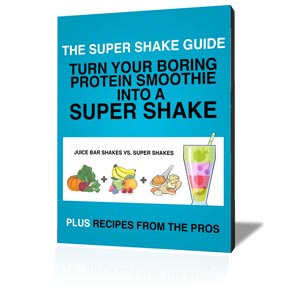There is only one food I get asked about more than protein bars and that is protein powders.
Maybe food is the wrong word. Perhaps supplement is a better choice. The goal should be to get nutrients from real foods when possible. But sometimes we need help in the form of supplements. Like a protein bars, protein powders can be an easy source of quick nutrition but all the options make it a very confusing choice.
Most protein powders you’ll find on store shelves are milk based – namely whey and casein. They can both be useful for reaching your fitness goals and supplementing your whole foods based diet.
Whey protein is a fast digesting protein, meaning it gets to the cells quicker. That makes it an ideal choice for a post workout shake to give muscles the materials they need to start the rebuilding process. This supplement isn’t just for bodybuilders. We all lose muscle mass as we get older, a process called sarcopenia. When we lose muscle mass our metabolism slows and eventually we lose strength and balance. There is a growing body of research regarding how whey protein can help preserve lean muscle mass. A recent study in the Nutrition Journal showed that when consumed after a resistance training workout, whey protein helped improve muscle protein synthesis in older adults. Keeping muscle mass keeps your metabolism humming as well, helping to promote fat loss. A study published in the Journal of the American Dietetic Association found a strong correlation to improved body composition when protein intake was increased.
You can get whey naturally in a glass of milk but if you’re not a milk drinker (like me) you can use a whey protein powder in a shake instead. It’s easy enough to add one scoop to water or you can get fancy with something like my Iron Woman Smoothie. You can also cook with whey. It’s easy to boost the protein content of muffins or create protein pancakes with a scoop or two of whey.
Casein protein is a slow digesting protein, meaning it stays in the stomach longer. Your muscles actually get stronger from rest and rebuilding AFTER the workout and casein before bed has been shown to help with this recovery process. Plus no one likes waking up in the middle of the night hungry. As a slow digesting protein, casein helps keep you feeling fuller longer. This can be useful at breakfast as well for extra morning staying power.
Casein is other component of milk protein so it can also be obtained from drinking a class of milk. In it’s powder form try adding it to your morning (or evening) oatmeal or creating a pre bedtime protein shake with other healing ingredients like ginger (link to carrot cake protein shake) or tart cherry juice.
But what if you can’t do dairy at all? There are plenty of other protein powder choices. Check the blog next week for more of the “scoop” on protein powders.



